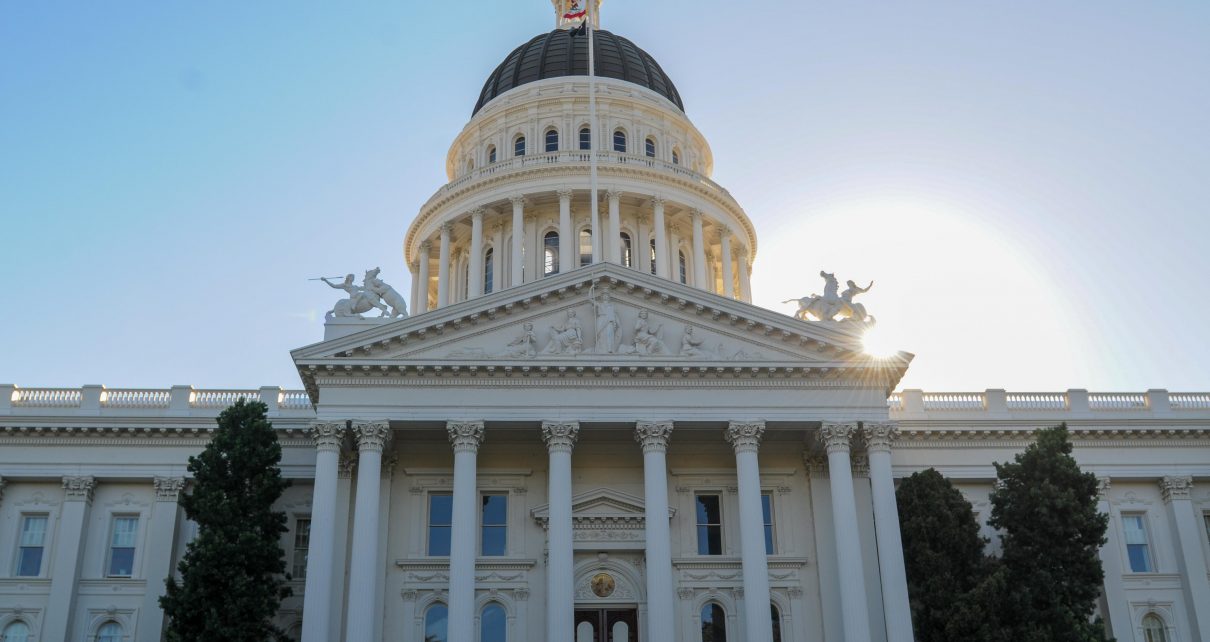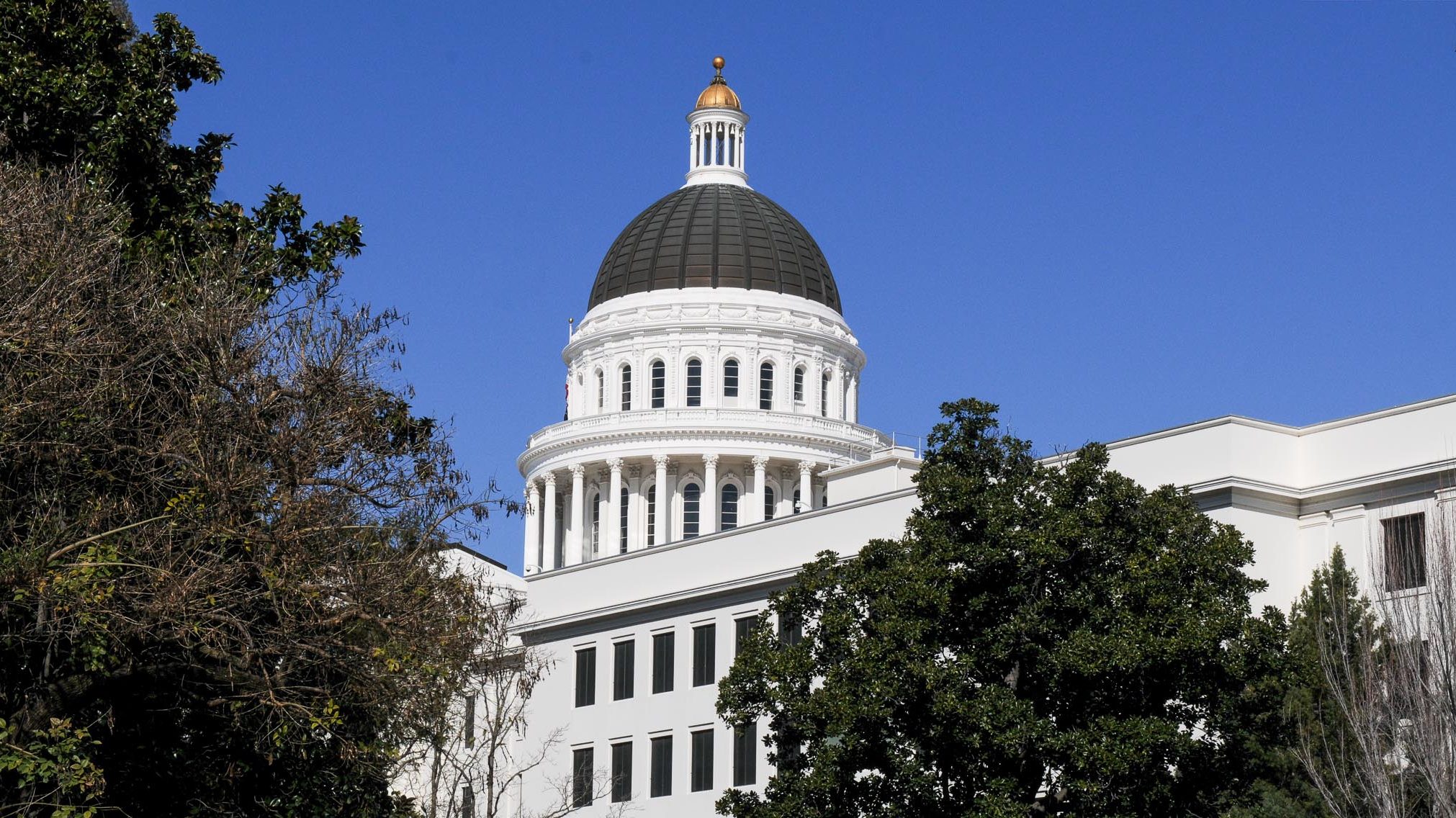
California State Capitol. (Photo: Kevin Sanders for California Globe)
Relief of Bidders in Public Contracting
Payment to the contractor cannot exceed of two specified amounts
By Chris Micheli, November 27, 2024 2:30 am
California’s Public Contract Code in Division 2, Part 1, Chapter 5 provides “relief” of bidders. Section 5100 defines the terms “public entity” and “bid.” Section 5101 prohibits a bidder from being relieved of the bid unless by consent of the awarding authority, but the bidder may bring an action against the public entity in a court of competent jurisdiction in the county in which the bids were opened for the recovery of the amount forfeited, without interest or costs.
However, if the plaintiff fails to recover judgment, the plaintiff is required to pay all costs incurred by the public entity in the suit, including a reasonable attorney’s fee to be fixed by the court.
If an awarding authority for the state consents to relieve a bidder of a bid because of mistake, the authority is required to prepare a report in writing to document the facts establishing the existence of each element required. The report must be made available for inspection as a public record.
Section 5102 requires the complaint to be filed, and summons served on the director of the department or the chief of the division or other head of the public entity under which the work is to be performed or an appearance made, within 90 days after the opening of the bid; otherwise, the action is dismissed.
Section 5103 requires the bidder to establish to the satisfaction of the court that a mistake was made.
Section 5104 specifies that, other than the notice to the public entity, no claim is required to be filed before bringing the action.
Section 5105 states that a bidder who claims a mistake or who forfeits his or her bid security is prohibited from participating in further bidding on the project on which the mistake was claimed or security forfeited.
Section 5106 provides that, if the public entity deems it is for its best interest, it may, on refusal or failure of the successful bidder to execute the contract, award it to the second lowest bidder. If the second lowest bidder fails or refuses to execute the contract, the public entity may likewise award it to the third lowest bidder.
Section 5107 provides that, in all actions brought under the provisions of this chapter, all courts are required to give actions preference over all other civil actions in the matter of setting the action for hearing or trial.
Section 5110 states that, when a project for the construction, alteration, repair, or improvement of any structure, building, or road, or other improvement of any kind is competitively bid and any intended or actual award of the contract is challenged, the contract may be entered into pending final decision of the challenge subject to specified requirements of this section.
If the contract is later determined to be invalid due to a defect in the competitive bidding process caused solely by the public entity, the contractor who entered into the contract with the public entity is entitled to be paid the reasonable cost, specifically excluding profit, of the labor, equipment, materials, and services furnished by the contractor prior to the date of the determination that the contract is invalid if all of the four specified conditions are met.
In addition, payment to the contractor cannot exceed of two specified amounts. This section does not affect any protest and legal proceedings, whether contractual, administrative, or judicial, to challenge the award of the public works contract and enforce competitive bidding laws.
- Definitions for Enforcement of Judgments - February 7, 2026
- Verdicts in Jury Trials - February 6, 2026
- Exchange Services for Supervised Child Visitation - February 6, 2026




